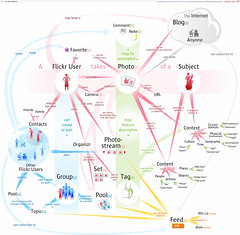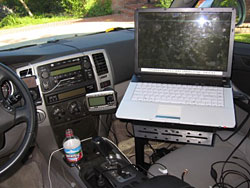>> Waste Trading Market: The Philippine Business for
>> the Environment, the Ayala Foundation/ Ayala Group,
>> DENR and the Makati and Muntinlupa city govts invite
>> you to....THE WASTE TRADING MARKETS! The WASTE
>> MARKETS aim to make recycling convenient, safe and
>> accessible, especially for those who frequent
>> commercial shopping areas. They also aim to show
>> that Filipinos CAN make recycling a habit. Please
>> help spread the word. For more information, contact
>> Nancy Pilien at the Phil. Business for the
>> Environment, 6352650.
>>
>>
...... Every first Friday of the month: GoldCrest >>
Car Park, Ayala Center (along Arnaiz Ave) >> ......
Every third Friday of the month: Alabang Town >>
center, Alabang - Zapote Road . >>
>> WHAT THE WASTE MARKETS OFFER!
>> Trade scrap paper for new (office/ mimeo) paper!
>> Trade used ink cartridges for new!
>> Sell your electronic waste (e.g. junk computers)
>> and old / broken appliances
>> Sell your used lead acid batteries - don't let them
>> leach in your garage!
>> Redeem any of the following for cash: PET plastic
>> containers and other
>> plastics, aluminum / tin cans, scrap glass
>> Drop off points also provided for junk cellphones/
>> cellphone batteries/styrofoam.
>>
technorati tags:recycling
Blogged with Flock












 Now I am waxing nostalgic.
Now I am waxing nostalgic.